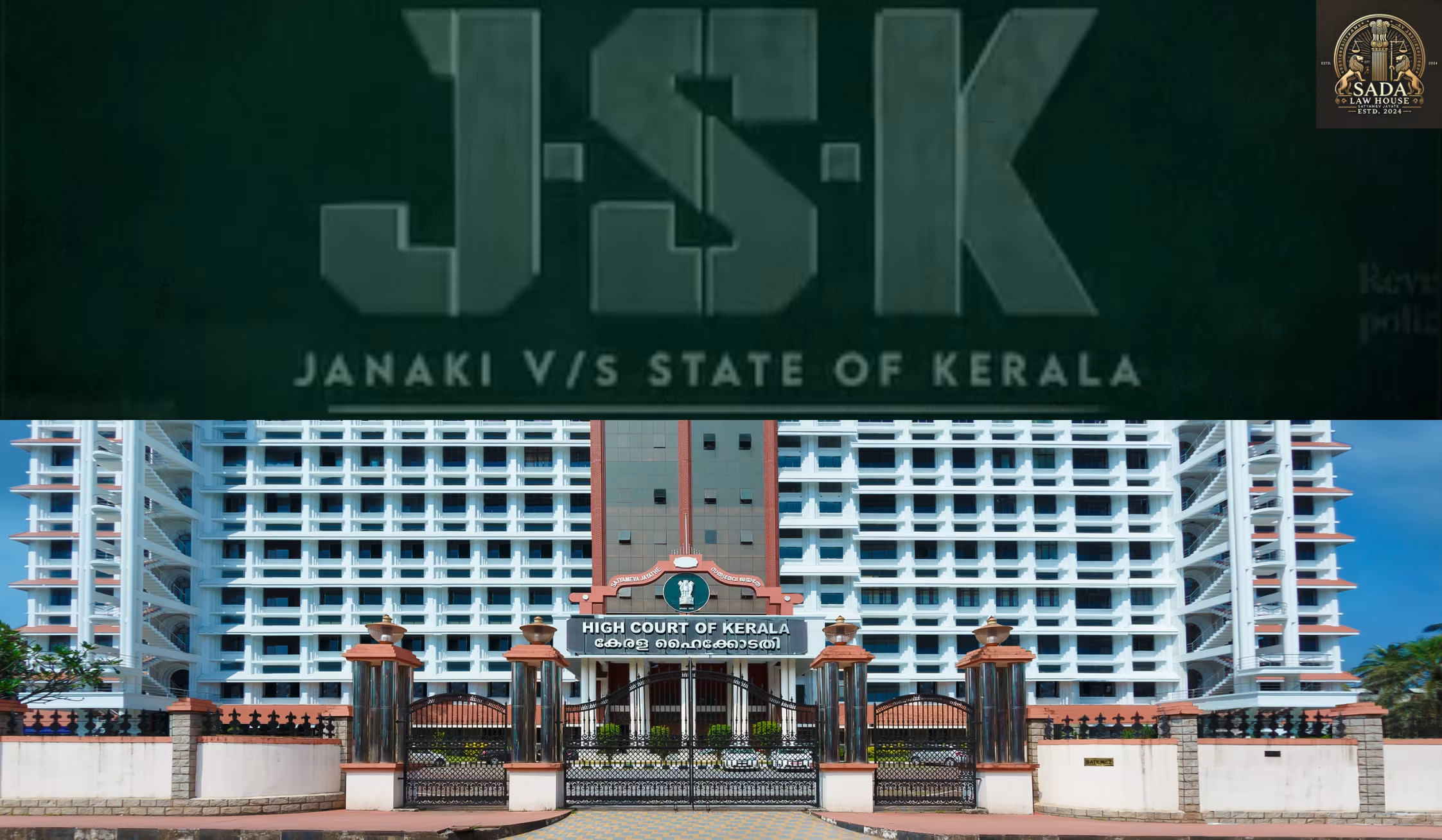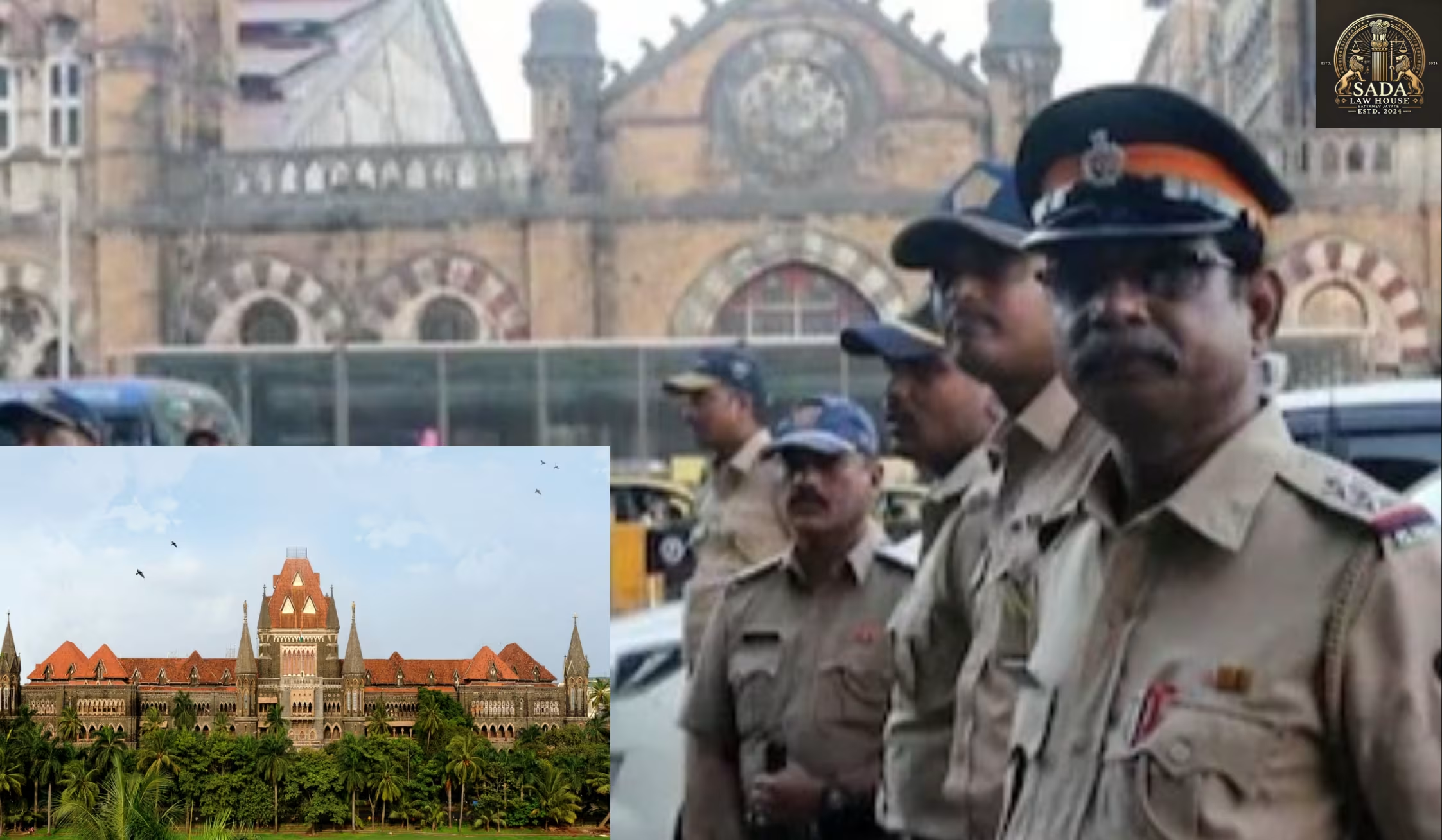NCLT Rejects Insolvency Plea Against Zomato Over Payment Dispute
- NITU KUMARI
- 04 Apr 2025

Update: 03 Apr 2025
Summary
The National Company Law Tribunal (NCLT) has dismissed a petition seeking to initiate insolvency proceedings against food delivery giant Zomato for alleged non-payment of dues. The plea, filed by B2B apparel manufacturer Nona Lifestyle, was rejected on grounds of being “not maintainable.”
A lawsuit seeking corporate insolvency resolution process (CIRP) against Zomato for alleged non-payment of dues was dismissed by the National Company Law Tribunal (NCLT) on Thursday.
Context of the Conflict
For Zomato’s workers and delivery partners, Nona Lifestyle provided uniforms and merchandise, including ICC World Cup 2023 jerseys. Zomato allegedly pushed Nona for lower prices, refused to accept delivery, and delayed payments even though it completed a portion of the contract, according to the business.
In order to provide uniforms for its workers and delivery partners, as well as items for the ICC World Cup 2023, Nona Lifestyle had partnered with Zomato. During the World Cup, the business had a campaign prepared.
The Respective Parties’ Arguments
According to the petition, during 2023, Zomato placed many orders for a variety of clothing goods, such as World Cup jerseys, rider t-shirts, and pants. Nona Lifestyle asserted that by producing and partially delivering the ordered goods, it had fulfilled its duties.
Nonetheless, the business claimed that Zomato routinely missed payments and neglected to deliver a sizable amount of the ordered goods.
Nona claims that Zomato used “threats and warnings” to pressure Nona Lifestyle into providing discounted prices, frequently postponed payments, and returned goods due to a shortage of storage space.
Zomato allegedly declined to take delivery of the remaining World Cup jerseys, according to Nona Lifestyle, who also claimed that the campaign had failed since the clothing was custom-made and hence useless for other uses.
Zomato refuted these allegations, arguing that Nona Lifestyle had repeatedly missed delivery deadlines and that penalties had been imposed in accordance with their contract.
Zomato claims that Nona Lifestyle’s unilateral alteration of delivery timetables was the reason the campaign failed.
Zomato stated that these delays caused “substantial reputational and goodwill damage” to our company.
In November 2024, the insolvency plea was dropped for non-prosecution, even though it was scheduled for hearing in October 2024. A petition to restore the insolvency plea was then submitted.
Advocate Tanu Singhal, who represented Nona Lifestyle at the hearing of the restoration petition today, informed the NCLT that she was unable to attend because of a mix-up.
Singhal countered that a request could not be rejected on such extremely technical grounds because this was a technical one.
The NCLT’s Ruling
Before submitting the plea, Nona Lifestyle neglected to provide the required legal notice under Section 8 of the Insolvency and Bankruptcy Code (IBC), 2016.
A coram of Judicial Member Ashok Kumar Bharadwaj and Technical Member Reena Sinha Puri dismissed the petition filed by B2B apparel manufacturer Nona Lifestyle seeking restoration of the insolvency plea filed by it last year.
“Having heard the petitioner on two different dates, we satisfied ourselves regarding the maintainability of the plea. Since we are satisfied that the petition itself is not maintainable we are not inclined to entertain the IA,” the NCLT held.
The case had previously been dismissed for non-prosecution, but the NCLT refused to restore it because the petition did not comply with procedural criteria.
Nona’s attorney referred to the objection as a “hyper-technical” issue, while Zomato’s legal team contended that the petition was unlawful because it lacked adequate notice. Nonetheless, the tribunal dismissed the plea because it upheld the legal requirement to follow due process.
This decision emphasizes how crucial it is to follow the IBC’s procedural requirements when starting insolvency proceedings.
The Bench however noted that “a perusal of the precedents and law revealed that an operational creditor must issue notice in a prescribed manner to the corporate debtor. It is clear that the notice shall be in a prescribed format. In the absence of a notice in a prescribed format.”
Thus, it ruled that in the absence of a notice in a prescribed manner, the plea is not maintainable.
The NCLT noted that since the CIRP plea is itself not maintainable, they are not inclined to entertain a petition to restore it. Thus, the tribunal dismissed the plea.
Live Cases






